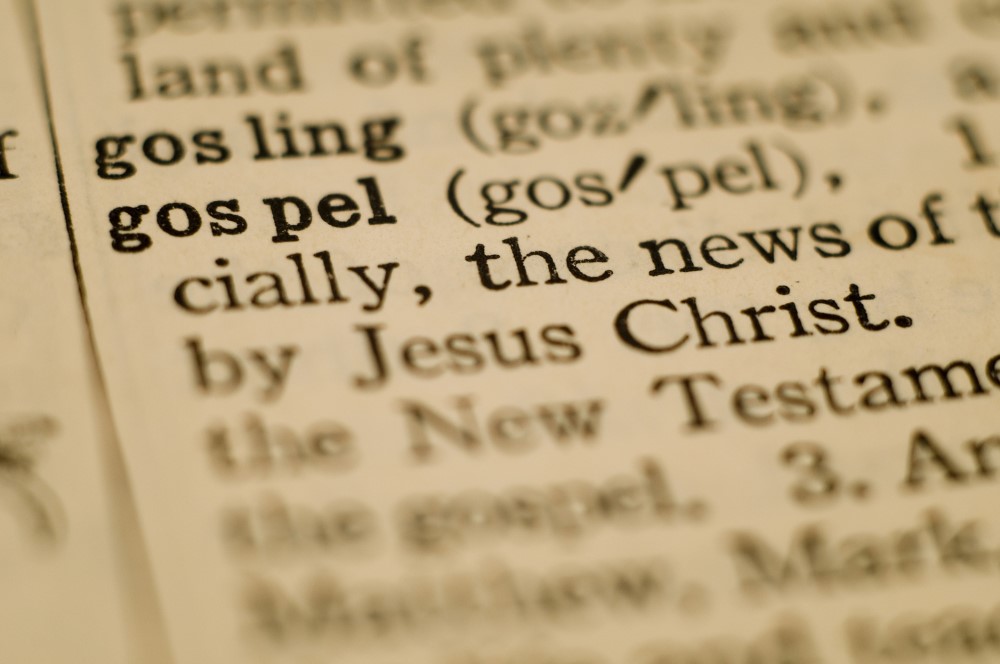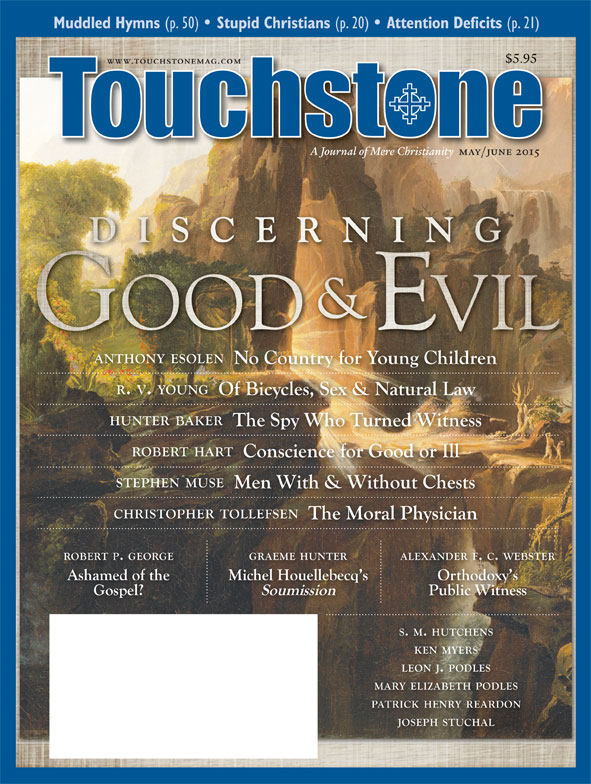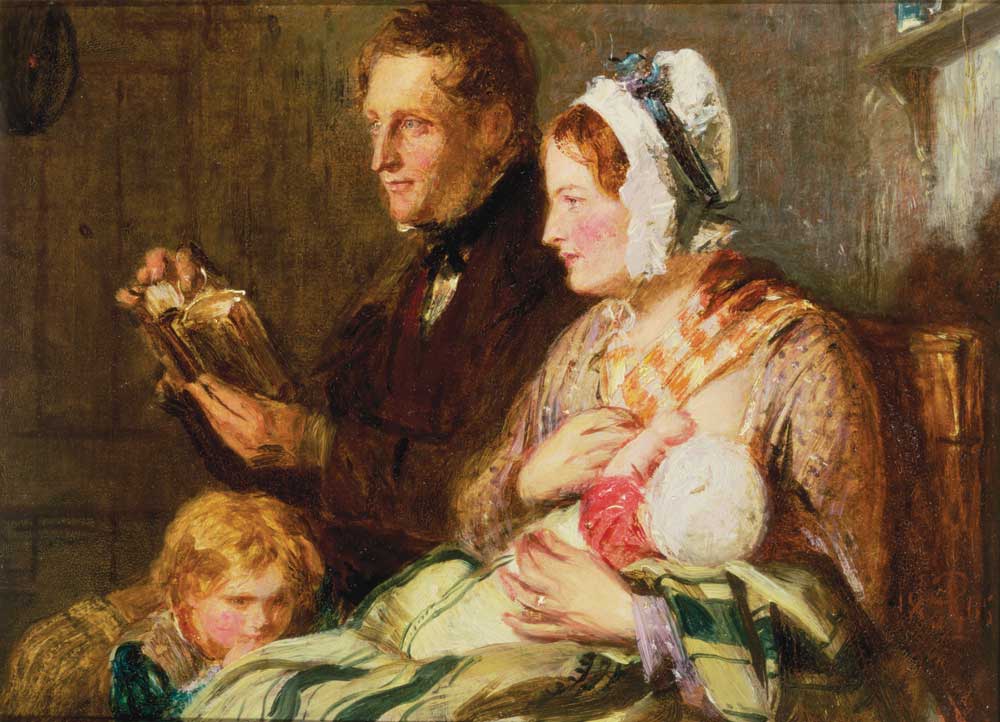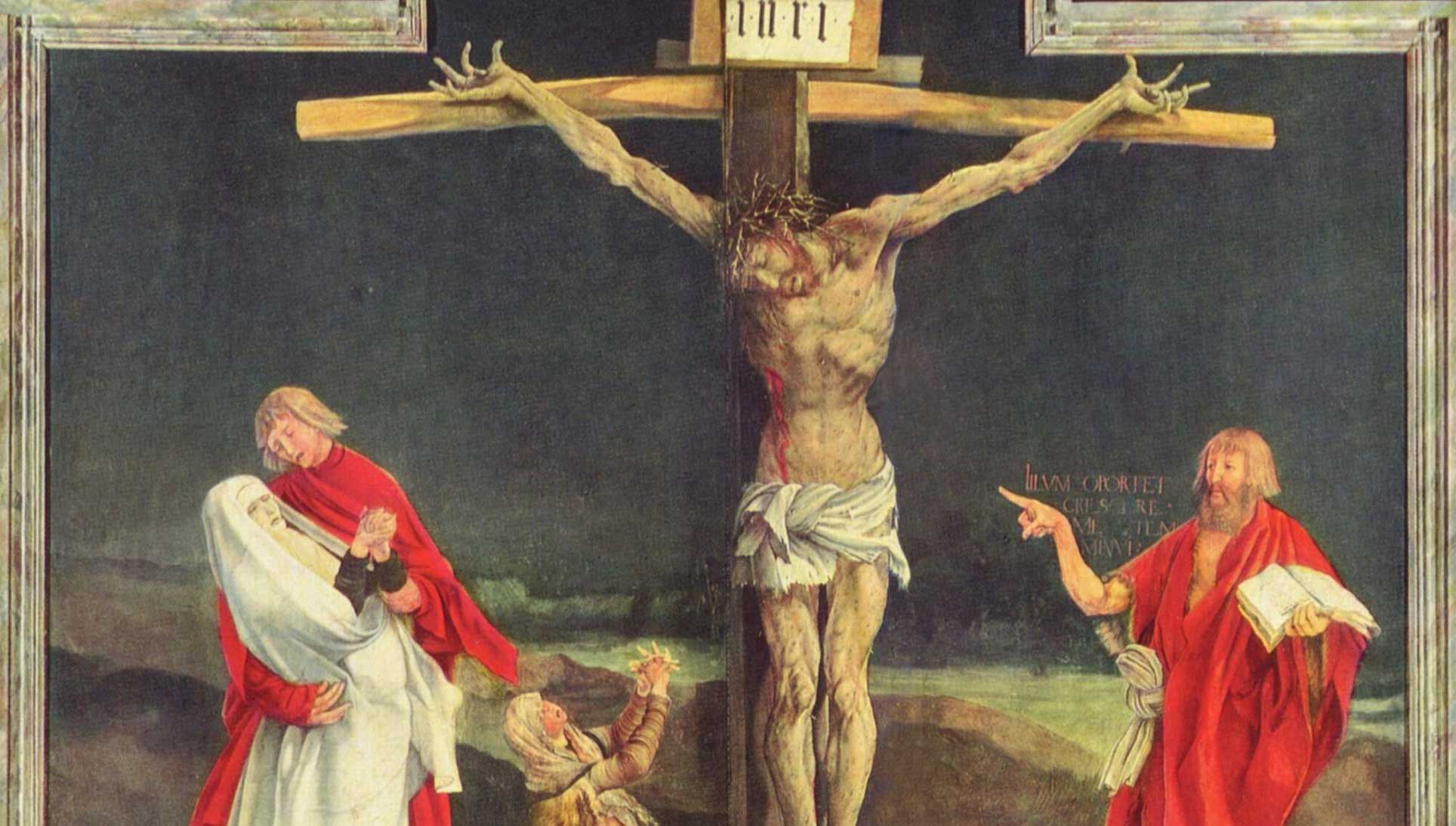Editorial
Ashamed
of the Gospel?
The End of Comfortable Christianity
by Robert P. George
The days of socially acceptable Christianity in the West are surely over. The days of comfortable Christian orthodoxy are past. It is no longer easy to be a faithful Christian, a good Catholic, an authentic Evangelical witness to the truths of the gospel. A price is demanded and must be paid. There are costs of discipleship—costs that are burdensome and painful to bear.
Of course, one can still safely identify oneself as a "Christian," and even be seen going to worship services at church. That is because the guardians of those norms of cultural orthodoxy that we have come to call "political correctness" do not assume that identifying as "Christian" or going to church necessarily means that one actually believes what the Church teaches on issues such as marriage and sexual morality and the sanctity of human life.
Now, if one does not believe what the Church teaches, or, for now at least, even if one does believe those teachings but is prepared to be completely silent about them, one is safe—one can still be a comfortable Christian. In other words, a tame Christian, a Christian who is ashamed of the gospel—or who is willing to act publicly as if he or she were ashamed—is still socially acceptable. But a Christian who makes it clear that he or she is not ashamed must be prepared to take risks and make sacrifices.

The saving message of the gospel of Jesus Christ includes, integrally, the teachings of his Church on the profound and inherent dignity of the human person and the nature of marriage as a conjugal bond—a one-flesh union. Believing these things is a crucial part of the gospel.
These teachings are not the whole gospel—Christianity requires much more than their affirmation. But they are integral to the gospel—they are not optional or dispensable. To be an authentic witness to the gospel is to proclaim these truths among the rest. The gospel is, John Paul II said, a Gospel of Life. And it is a gospel of family life, too. And it is these integral dimensions of the gospel that powerful cultural forces and currents today demand that we deny or suppress.
We Still Believe
"If," Jesus said, "anyone wants to be my disciple, let him take up his cross and follow me." We Christians in the West, having become comfortable, had forgotten, or ignored, that timeless gospel truth. There will be no ignoring it now.
Powerful forces and currents in our society press us to be ashamed of the gospel—ashamed of our faith's teachings on the sanctity of human life in all stages and conditions, ashamed of our faith's teachings on marriage as the conjugal union of husband and wife. These forces insist that the Church's teachings are out of date, retrograde, insensitive, uncompassionate, illiberal, bigoted—even hateful. These currents bring pressure on all of us—and on young Christians in particular—to yield to this insistence. They threaten us with consequences if we refuse to call what is good evil, and what is evil good. They command us to conform our thinking to their orthodoxy, or else keep silent.
We believe the truth—in its fullness—about the dignity of the human person and the nature of marriage and sexual morality as proclaimed by the Church for two thousand years.
We believe that every member of the human family, irrespective of age or size or stage of development or condition of dependency, is the bearer of inherent dignity and an equal right to life. We hold that the precious child in the womb, as a creature made in the very image and likeness of God, deserves respect and protection. So powerful people and institutions say we are misogynists who pose a threat to people's privacy, an enemy of women's "reproductive freedom."
We believe that the core social function of marriage is to unite a man and woman as husband and wife to be mother and father to children born of their union. We hold that the norms that shape marriage as a truly conjugal partnership are grounded in its procreative nature—its singular aptness for the project of childrearing. We understand marriage as the uniquely comprehensive type of bond—comprehensive in that it unites spouses in a bodily way and not merely at the level of hearts and minds—that is oriented to and would naturally be fulfilled by their conceiving and rearing children together. Powerful people and institutions say we are homophobes, bigots, people who don't believe in equality. We even represent a threat to people's safety.
So when we are invited to distance ourselves from these teachings or go silent about them, when we are threatened with opprobrium or the loss of professional opportunities or social standing if we do not, we are being pressured to be ashamed of the gospel—which means to give up faith in the lordship of Christ and hope in the triumph of goodness, righteousness, and love in and through him.
The Costs
To be a witness to the gospel today is to make oneself a marked man or woman. It is to expose oneself to scorn and reproach. To unashamedly proclaim the gospel in its fullness is to place in jeopardy one's security, one's personal aspirations and ambitions, the peace and tranquility one enjoys, one's standing in polite society. One may in consequence of one's public witness be discriminated against and denied educational opportunities and the prestigious credentials they may offer; one may lose valuable opportunities for employment and professional advancement; one may be excluded from worldly recognition and honors of various sorts; one's witness may even cost one treasured friendships. It may produce familial discord and even alienation from family members. Yes, there are costs of discipleship—heavy costs.
So for us there is no avoiding the question: Am I unwilling to stand with Christ by proclaiming his truths? The days of comfortable Christianity are past. Fearing to place in jeopardy the wealth we have piled up, the businesses we have built, the professional and social standing we have earned, the security and tranquility we enjoy, the opportunities for worldly advancement we cherish, the connections we have cultivated, the relationships we treasure, will we silently acquiesce to the destruction of innocent human lives or the demolition of marriage?
The challenge to our faith and fidelity today does not come in the form that it came to Peter: "Surely you are this man's disciple!" It is, rather, "Do you stand for the sanctity of human life and the dignity of marriage as the union of husband and wife?"
God & History
Powerful forces tell us that our defeat in the causes of marriage and human life are inevitable. They warn us that we are on the "wrong side of history." They insist that we will be judged by future generations the way we today judge those who championed racial injustice in the Jim Crow south.
But history does not have sides. It is an impersonal and contingent sequence of events, events that are determined in decisive ways by human deliberation, judgment, choice, and action. The future of marriage and of countless human lives can and will be determined by our judgments and choices—our willingness or unwillingness to bear faithful witness, our acts of courage or cowardice. Nor is history, or future generations, a judge invested with god-like powers to decide, much less dictate, who was right and who was wrong. The idea of a "judgment of history" is secularism's vain, meaningless, hopeless, and pathetic attempt to devise a substitute for the final judgment of Almighty God. History is not God. God is God. History is not our judge. God is our judge.
One day we will give an account of all we have done and failed to do. Let no one suppose that we will make this accounting to some impersonal sequence of events possessing no more power to judge than a golden calf or a carved and painted totem pole. It is before God—the God of truth, the Lord of history—that we will stand. And as we tremble in his presence, it will be no use for any of us to claim that we did everything in our power to put ourselves on "the right side of history."
One thing alone will matter: Was I a faithful witness to the gospel? Did I do everything in my power to place myself on the side of truth? The One whose only begotten Son tells us that he, and he alone, is "the way, the truth, and the life" will want to know from each of us whether we sought the truth with a pure and sincere heart, whether we sought to live by the truth authentically and with integrity, and whether we stood up for the truth, speaking it out loud and in public, bearing the costs of discipleship that are inevitably imposed on faithful witnesses to truth by cultures that turn away from God and his law. Or were we ashamed of the gospel? •
—Adapted from remarks of the author at the National Catholic Prayer Breakfast, May 13, 2014
Robert P. George is McCormick Professor of Jurisprudence and Director of the James Madison Program in American Ideals and Institutions at Princeton University (web.princeton.edu/sites/jmadison). His books include In Defense of Natural Law (Oxford University Press) and Conscience and Its Enemies (ISI Books). He has served as chairman of the U.S. Commission on International Religious Freedom. He is a senior editor of Touchstone.
subscription options
Order
Print/Online Subscription

Get six issues (one year) of Touchstone PLUS full online access including pdf downloads for only $39.95. That's only $3.34 per month!
Order
Online Only
Subscription

Get a one-year full-access subscription to the Touchstone online archives for only $19.95. That's only $1.66 per month!
bulk subscriptions
Order Touchstone subscriptions in bulk and save $10 per sub! Each subscription includes 6 issues of Touchstone plus full online access to touchstonemag.com—including archives, videos, and pdf downloads of recent issues for only $29.95 each! Great for churches or study groups.
Transactions will be processed on a secure server.
more from the online archives
calling all readers
Please Donate
"There are magazines worth reading but few worth saving . . . Touchstone is just such a magazine."
—Alice von Hildebrand
"Here we do not concede one square millimeter of territory to falsehood, folly, contemporary sentimentality, or fashion. We speak the truth, and let God be our judge. . . . Touchstone is the one committedly Christian conservative journal."
—Anthony Esolen, Touchstone senior editor











